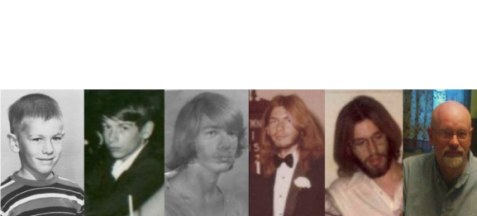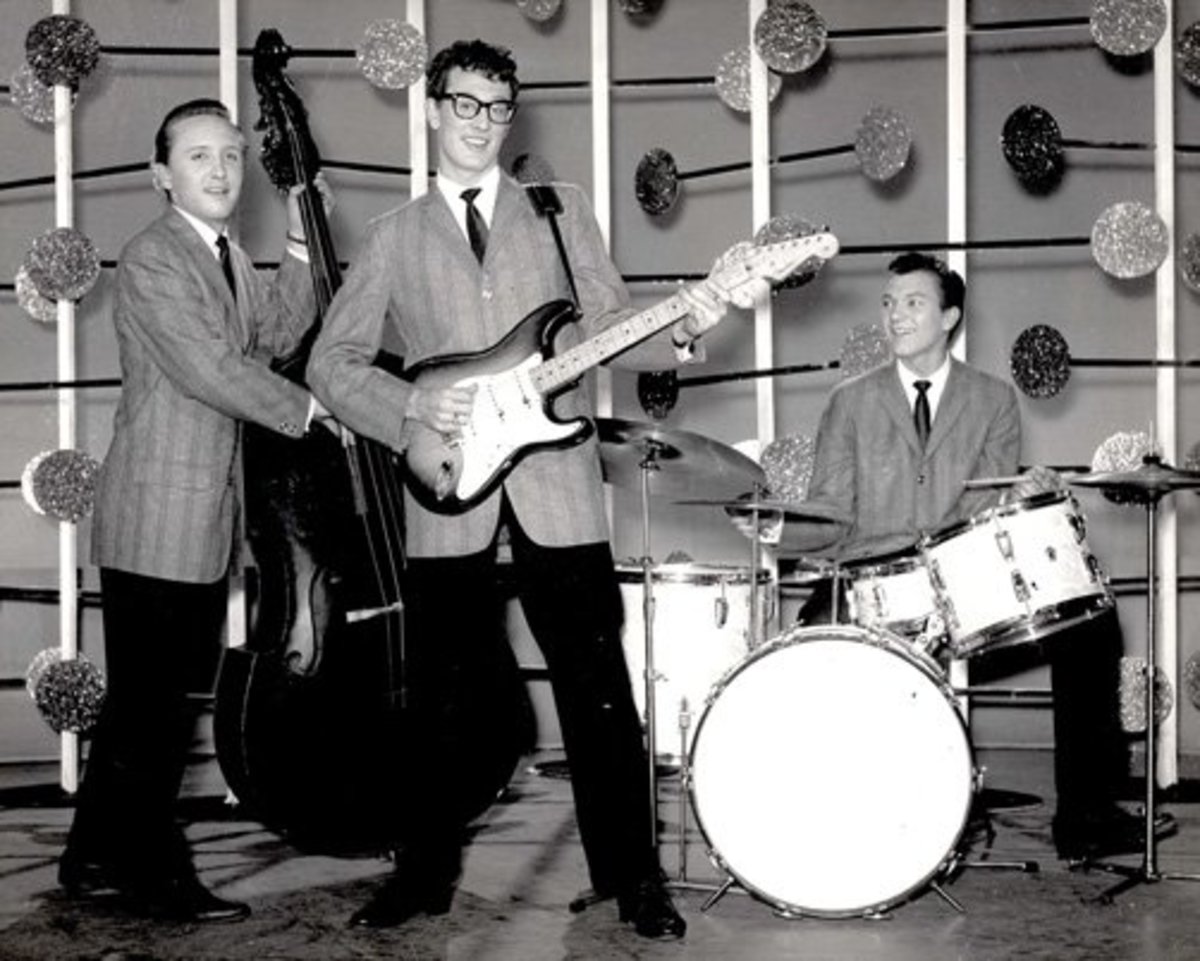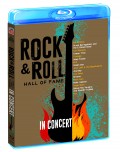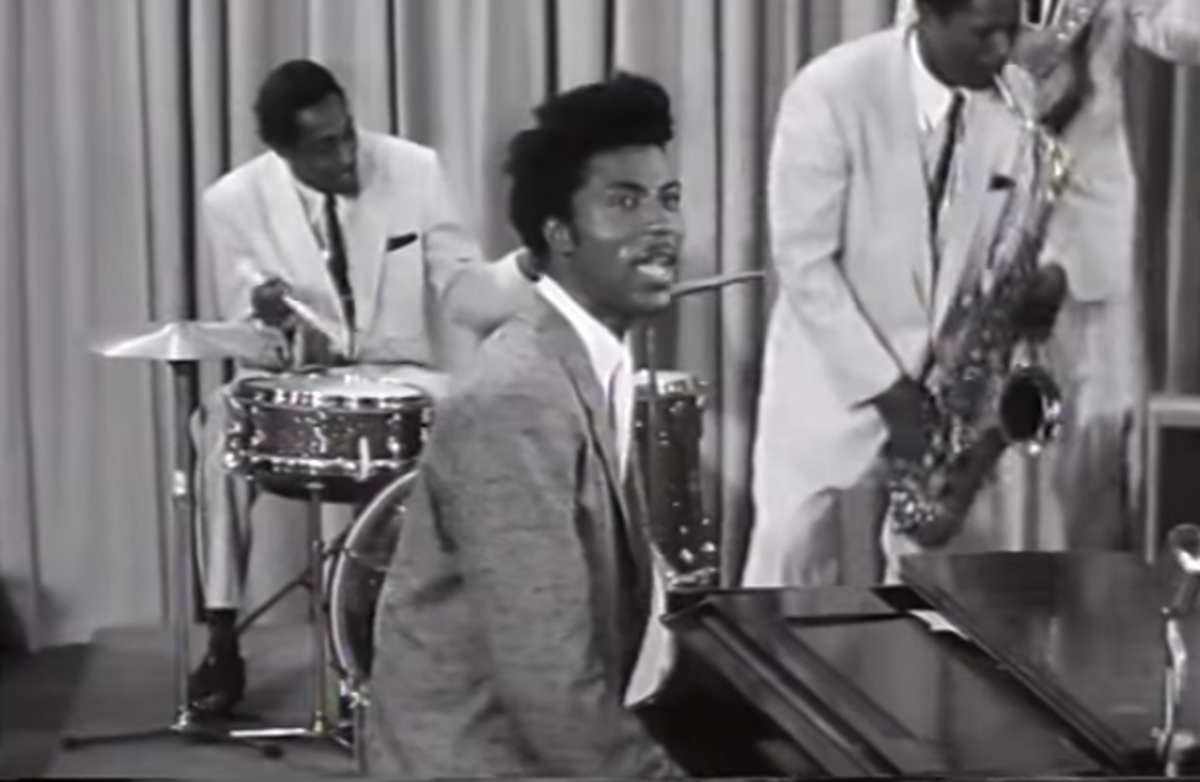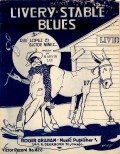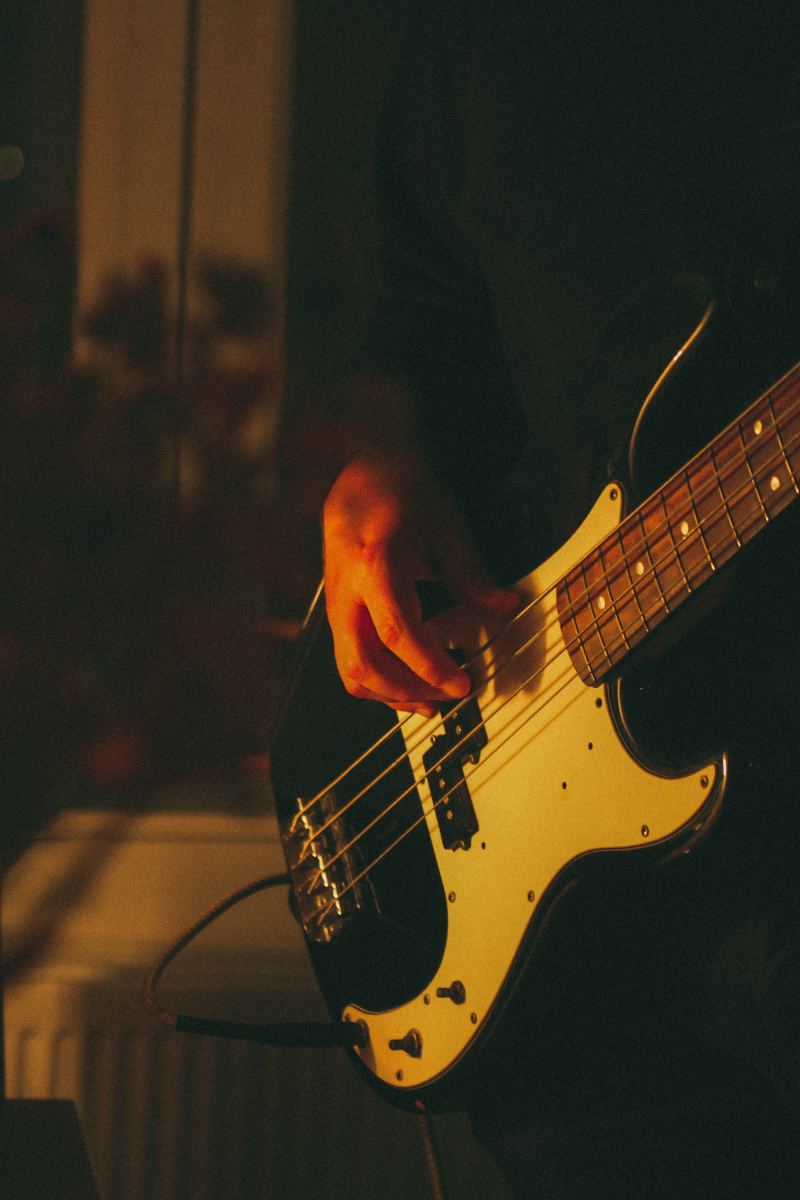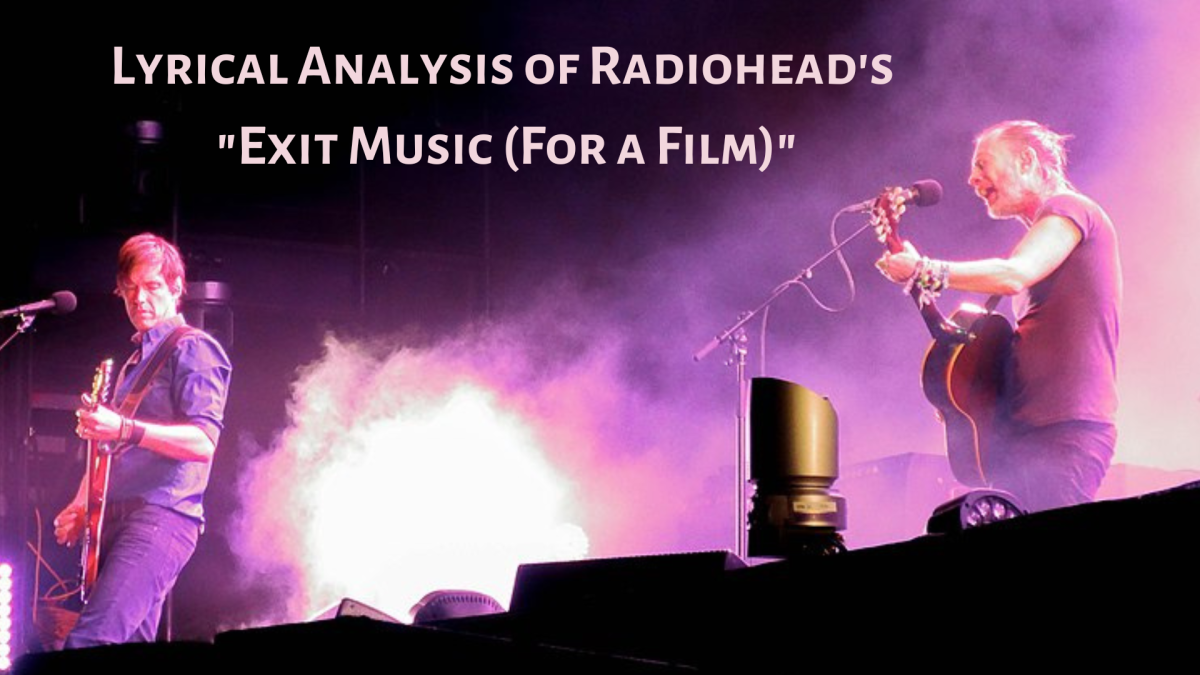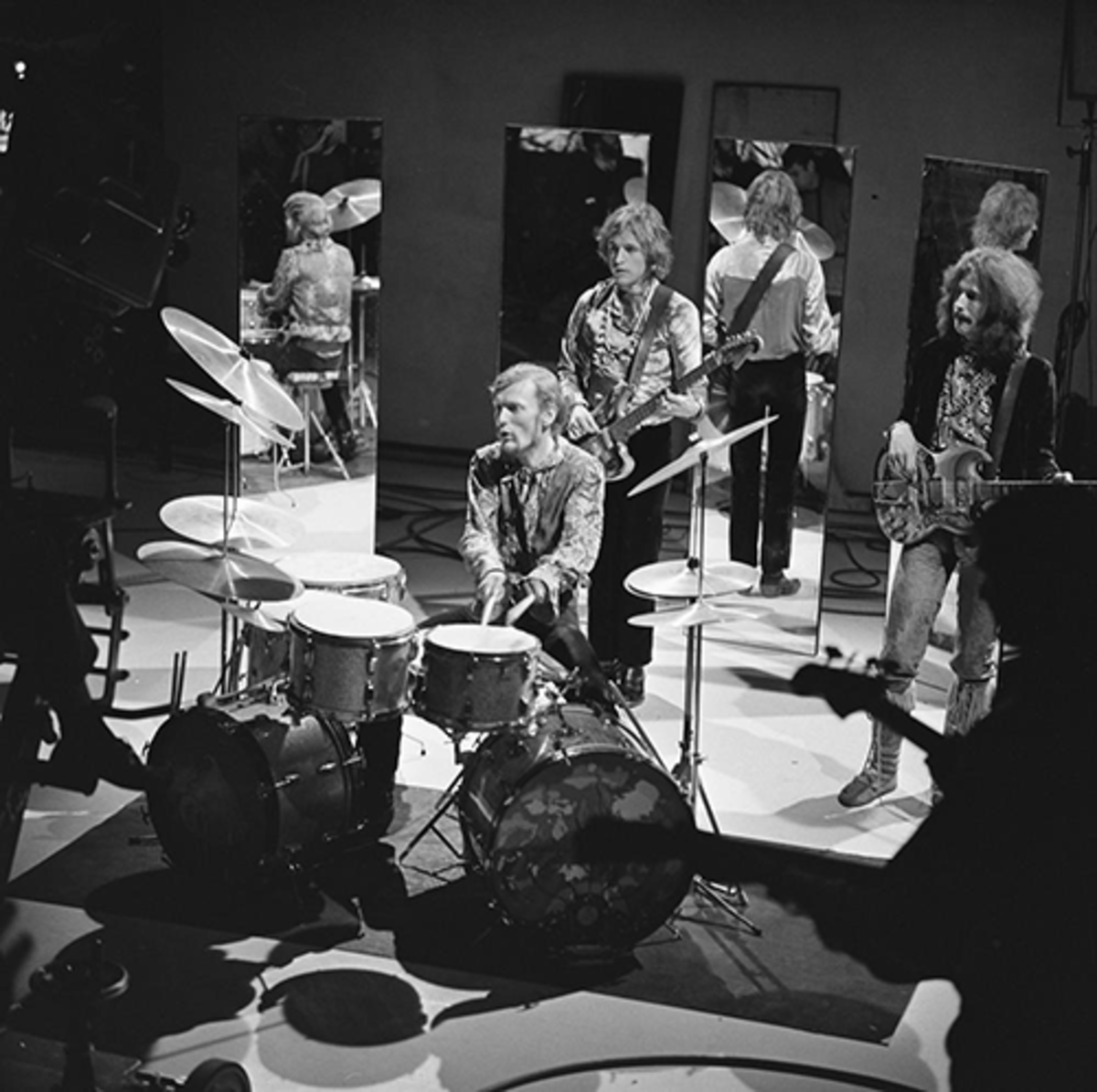The Difference Between Pop And Rock Music
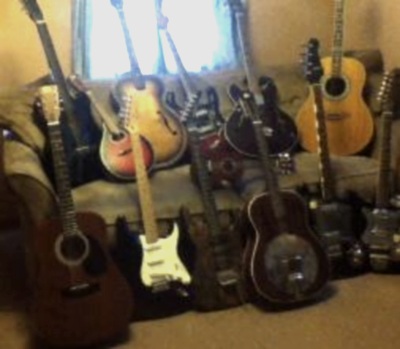
Let me first assure you that I understand what I'm doing here is sharing my own perception of things, I don't offer this as the authoritative and received rule, but merely as the way I see it. And let me also announce, before I begin, that my point here is not to advance one musical form as superior or more legitimate than the other, I enjoy both Pop and Rock music - my point is merely to offer what distinguishes one from the other.
The term 'American Popular Music' refers (to one degree or another) to that indigenous American music that is not directly a product of European Classical music . . . so show tunes, folk, Rock & Roll, etc, would all be under the umbrella of 'American Popular Music' ('popular' as in common, of the people, etc, rather than studied and elaborately composed, etc). To really understand, and even to fully appreciate American Popular Music you have to know Blues, because it all comes from the Blues.
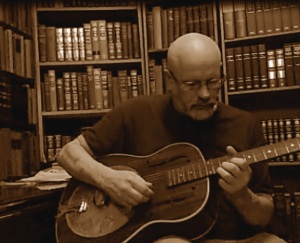
From generation . . .
When the African slaves and the Scotch/Irish immigrants began to come under the influence of each other's native musical forms and instruments, the African rhythms and the Scotch/Irish storytelling songs began to blend, and when the Negro Spirituals added their passion to the mix, Blues was born. When the White classically trained conservatory types heard Blues we got Jazz. When the White waltz-like dance bands heard Blues we got Swing. When the White Appalachian Scotch/Irish descendants heard Blues we got Country, Bluegrass (and eventually Rockabilly, etc). When the urban Blacks heard Blues we got Rhythm & Blues, Soul (and eventually Funk, etc).
The 'big bang' so-to-speak all came together when the music's racial lines of separation were obliterated - by Elvis Presley. Little Richard was energizing Rhythm & Blues into Rock & Roll, Chuck Berry was adding country music's storytelling to Blues beats and giving us Rock & Roll, etc, etc - but it was when Elvis, a full-blown White kid, started recording full-blown Black music (like Big Mama Thornton's "Hound Dog") that, in the words of Muddy Waters 'Blues had a baby and they named it Rock & Roll".
Now, because Blues and then Rock & Roll came from so many different sources, there developed branches within American Popular Music that followed one musical form more than another . . . you had Elvis with flat-out Rock & Roll, Buddy Holly & The Everly Brothers with a distinct Country flavored Rock & Roll, Sam Cooke inventing Soul music, James Brown laying the foundation for Funk, etc, and then you had the record companies trying to cash in on the new Rock & Roll craze by pushing manufactured stars like Fabian, Frankie Avalon, Bobby Rydell, etc, etc. Because the record execs didn't really know or 'get' the Blues roots of what was happening with Rock & Roll, the records they tried to promote as 'Rock & Roll' simply didn't have the guts of Rock & Roll, because those records weren't based on the Blues roots of Rock & Roll but came from the sensibilities of the record companies . . . record companies that were producing Perry Como & Rosemary Clooney records last year, and Gene Vincent & Eddie Cochran records this year.
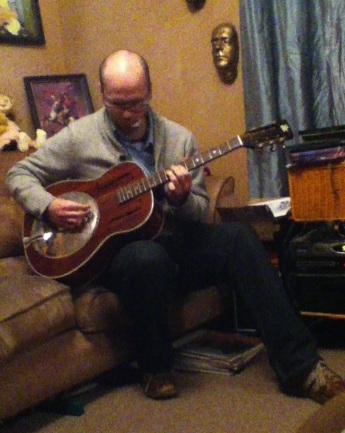
. . . to generation . . .
There began to be a recognizable division between guys like Bo Diddley and Chubby Checker, Rock & Roll was spearheading a revolution in American popular music, but something with the same form but not the same guts was emerging - Pop music was being born. Again, many of these early not-really-Rock & Roll artists were great singers and fine performers; Bobby Rydell had a great voice - but he should have been singing standards, like Frank Sinatra and Tony Bennett, and not cast as a Rock & Roll artist. Rock & Roll was sweeping the nation and the record companies wanted to cash-in - but when you put Bobby Rydell next to Jerry Lee Lewis you can clearly and easily see, while the form may match-up the guts, the urgency, the passion is strikingly different.
Now, there were some noteworthy genre-bending artists, performers who produced great Pop records, but who you could always hear the Blues heart underneath the Pop flavor. Ricky Nelson was the first 'teen idol', his career was managed to cash-in on his good looks and teen appeal, he recorded love ballads and Rockabilly tinged Pop records - but Nelson knew where it all came from, he understood Blues and you could hear that in many of his records. Dion, of Dion & The Belmonts made some of the best Pop records ever produced, but again, Dion knew and loved Blues and you could hear that in many of his records (and nowadays, Dion is releasing one straight-up and authentic Blues record after another). The same can be said of Roy Orbison, Bobby Darin, and others . . . there were straight Rock & Rollers doing pumped-up Blues, artists doing Blues flavored Pop records, and Pop stars whose music had the same structure/form as Blues but was nearly void of the passion of the Blues it came from (think Pat Boone doing Little Richard's music).
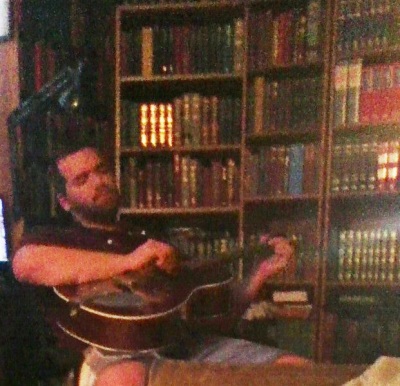
. . . and on.
This same scenario can be observed in the various musical forms that came out of the Blues. There's the authentic hillbilly-Blues Country music of Jimmy Rodgers & Hank Williams and the Pop Country sound of Porter Wagoner & Buck Owens, and in Soul music you had the gritty Soul sounds of Stax records and the lush Pop hits of Motown. As early Rock & Roll developed into Rock music, with louder & more distorted guitars and more elaborate arrangements and instrumentation, and Pop music developed borrowing more from Country and Soul genres, the division became more and more sharp. Where you once had a distinction that those who knew the Blues could hear between Elvis and Fabian, you eventually had a distinction that anyone could hear between Black Sabbath and Donnie & Marie. Now again, some of the greatest music of my generation, the arrangements and the poetry and the vocals, etc, came out of Motown, the point here is not which musical form is superior - I'm simply setting forth what distinguishes Rock music from Pop music.
My final point might seem to suggest that I am indeed casting Rock as superior to Pop, but I assure you I am not, they are both creative and valid art forms - but the fact is, it is Rock music that drives the generation to follow, it is Rock that inspires the new course American Popular Music will take. Pop moves further and further down the road, but it's process is one of more and bigger and flashier - it goes from Cher to Madonna to Lady Gaga . . . the music is not so innovated, it's just, more. Rock's process is one of musical influence - it goes from The Animals to Led Zeppelin to The White Stripes . . . each one carrying the Blues-based sound further down the road. And that's the key; because Pop music is not so connected to it's own roots, the Blues, it can't grow like Rock music, it gets bigger, faster, stronger (so-to-speak) but not really smarter. Because Rock music has it's foundation firmly built on it's Blues roots, each new generation of Rockers is influenced by the Rockers who preceded them. . . Roger Daltry saw Elvis and wanted to start a band, Billie Joe Armstrong saw The Who and we have Green Day, etc, etc, etc . . .
